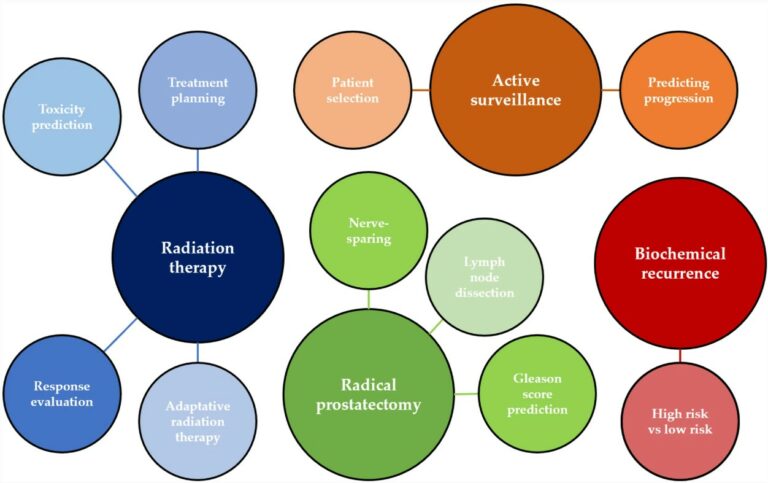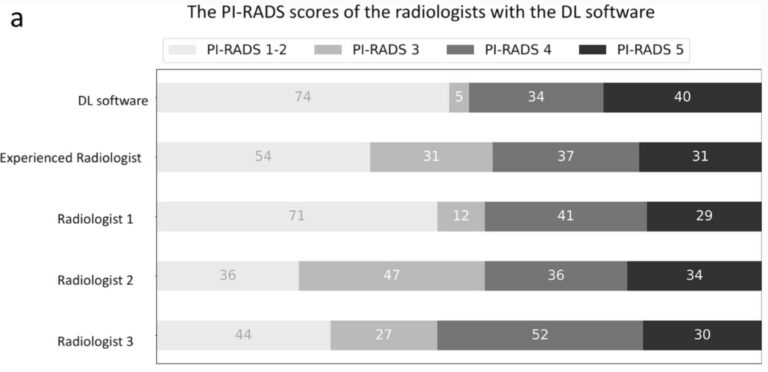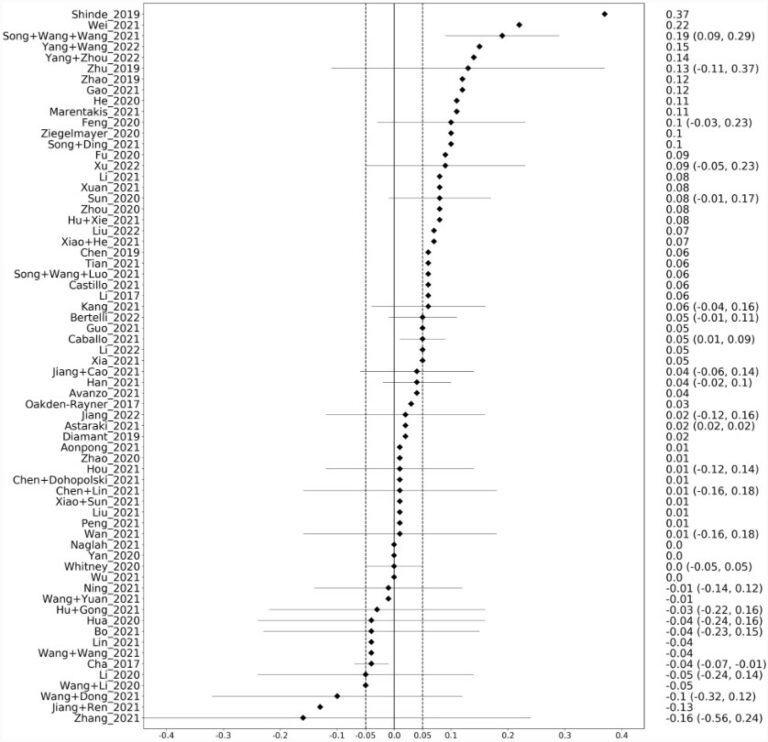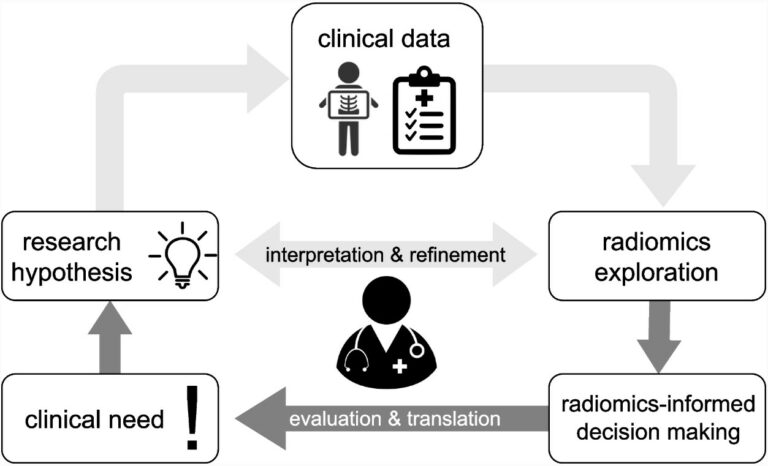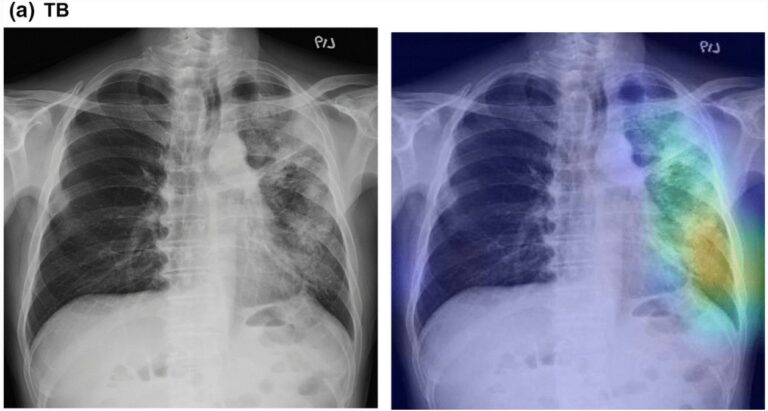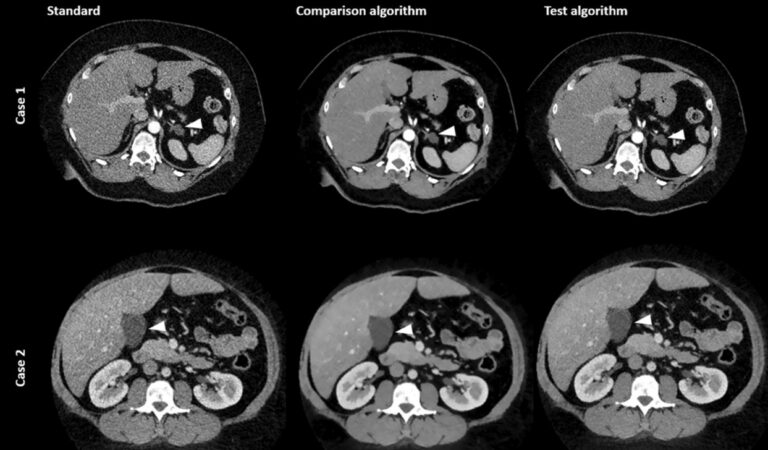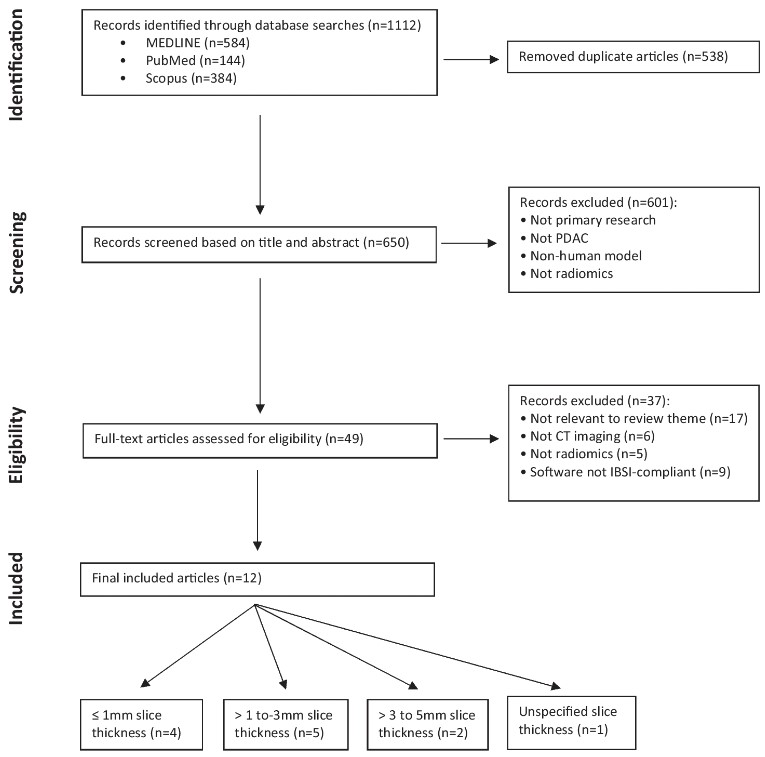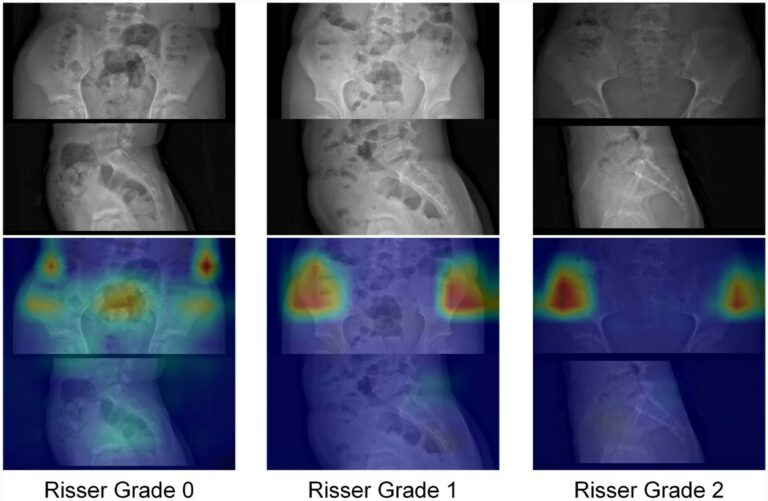
Deep learning–based identification of spine growth potential on EOS radiographs
In this study, the authors developed a deep learning-based algorithm, which is able to mimic human judgment, in order to help clinicians assess the potential of spine growth based on EOS radiographs. The outcome of the study showed that their deep learning method achieved comparable, and even superior, results compared to those of clinicians, which should have positive applications in










